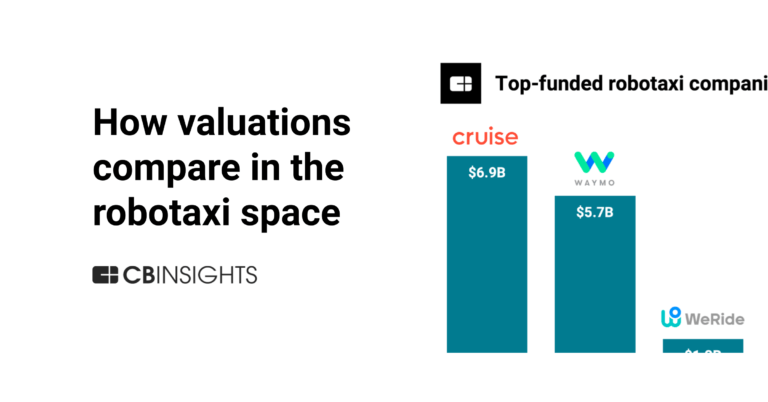
Alphabet
Founded Year
1998Stage
PIPE - III | IPOMarket Cap
2407.82BStock Price
197.55Revenue
$0000About Alphabet
Alphabet is a diversified technology conglomerate with a focus on internet services and other sectors. The company offers products and services including search engine functionality, online advertising, cloud computing, and video sharing through its subsidiary YouTube. Additionally, Alphabet is involved in healthcare innovation through Verily Life Sciences and Calico, and has venture capital and autonomous systems initiatives under Google Ventures (GV) and X lab respectively. It was founded in 1998 and is based in Mountain View, California.
Loading...
Loading...
Research containing Alphabet
Get data-driven expert analysis from the CB Insights Intelligence Unit.
CB Insights Intelligence Analysts have mentioned Alphabet in 7 CB Insights research briefs, most recently on Nov 22, 2024.
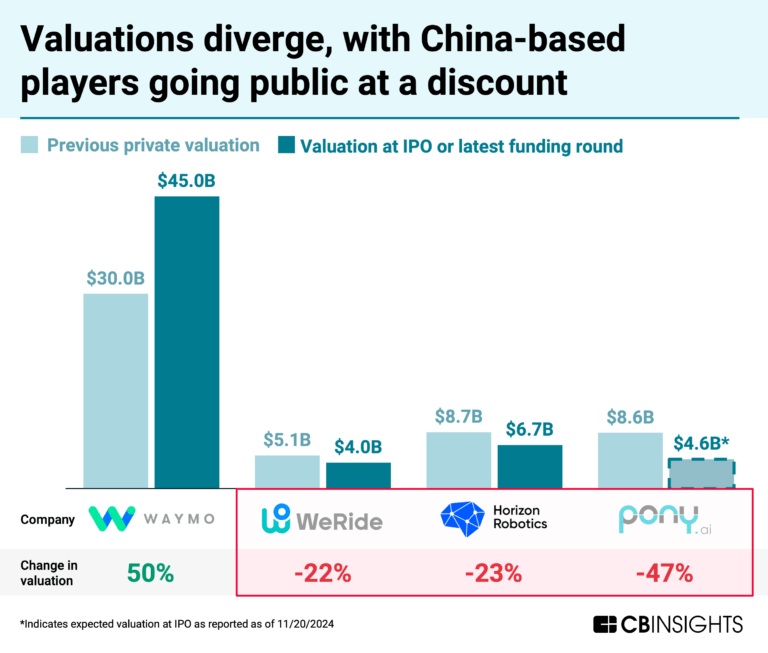
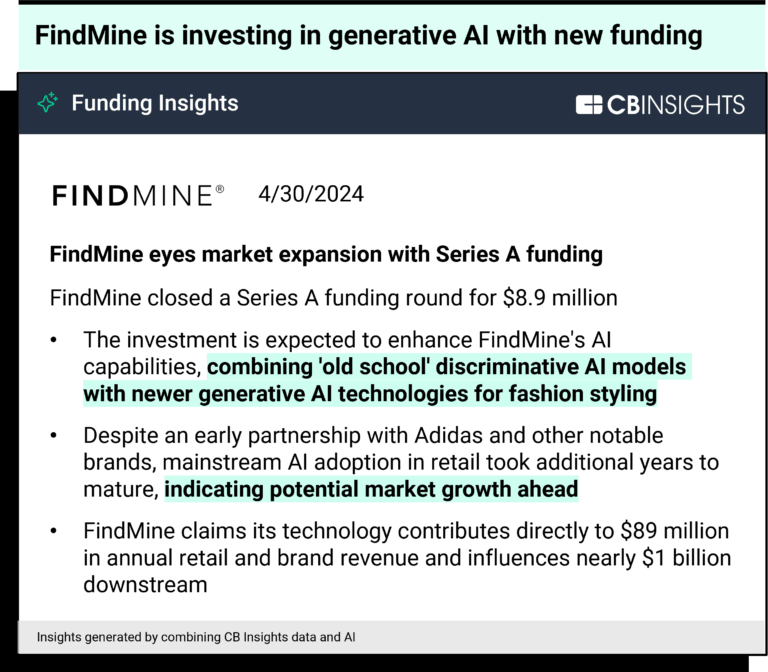
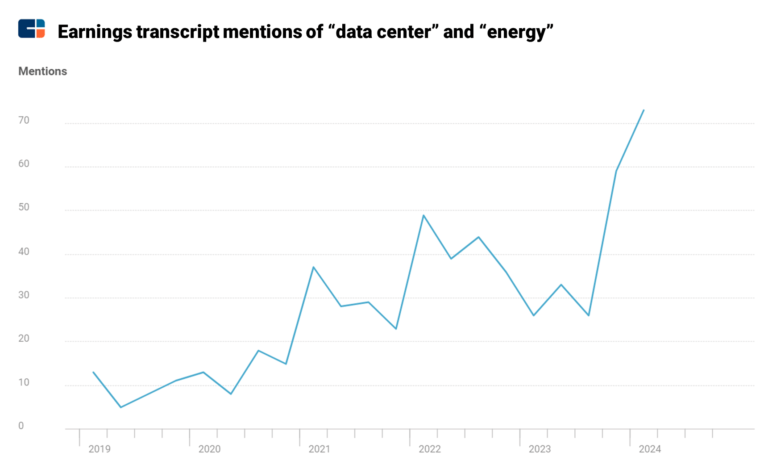
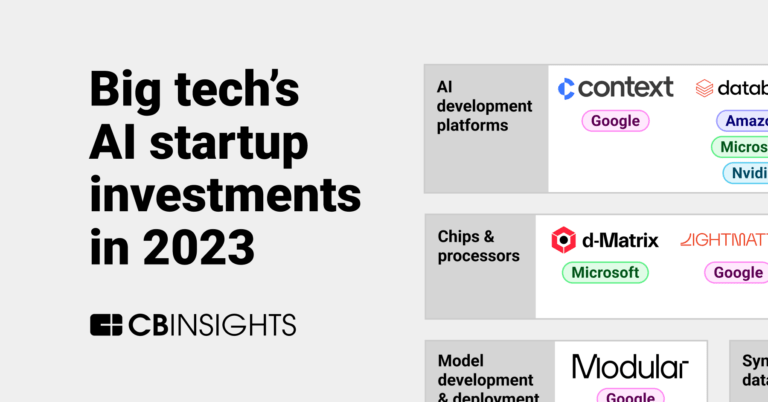
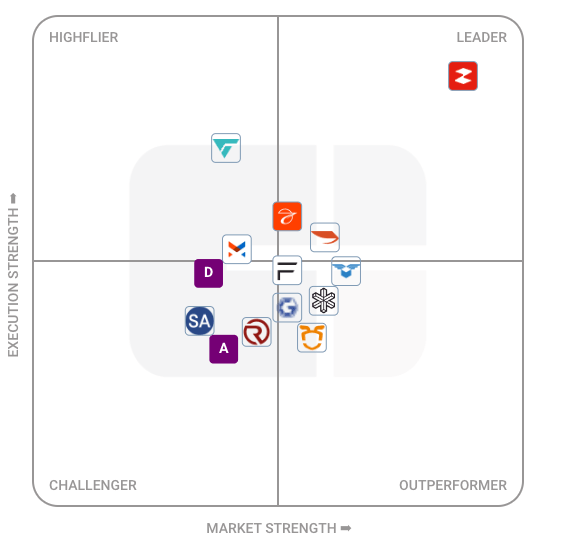
Oct 12, 2023
What is helping drone delivery leaders take flight?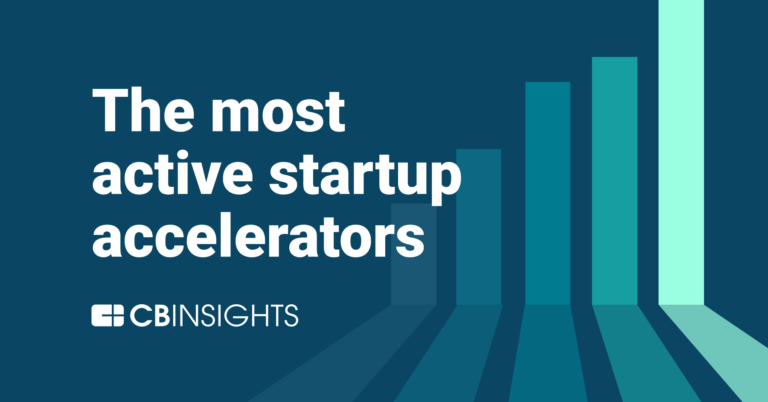
Oct 10, 2023 report
The most active startup accelerators and where they’re investingAlphabet Patents
Alphabet has filed 1 patent.
The 3 most popular patent topics include:
- quantum computing
- quantum field theory
- quantum information science

Application Date | Grant Date | Title | Related Topics | Status |
|---|---|---|---|---|
2/14/2024 | Quantum information science, Quantum mechanics, Quantum computing, Quantum field theory, Rotational symmetry | Application |
Application Date | 2/14/2024 |
|---|---|
Grant Date | |
Title | |
Related Topics | Quantum information science, Quantum mechanics, Quantum computing, Quantum field theory, Rotational symmetry |
Status | Application |
Latest Alphabet News
Jan 18, 2025
Mugglehead Investment Magazine Four researchers aim to democratize quantum computing research The researchers are working to accelerate quantum research by breaking down the traditional barriers between industry and academia By A researcher poses with a quantum computer's interface. Image via IBM. Four researchers in the quantum computing space are putting their heads together to accelerate the pace of advancements. Announced originally on Thursday, the researchers are working to accelerate quantum research by breaking down the traditional barriers between industry and academia. The coalition consists of Xanadu, the University of Waterloo, the Unitary Foundation and Haiqu. It has joined Open Quantum Design’s (OQD) platform in order to introduce a new degree of open access to full-stack quantum computing technology. Xanadu is a Canadian quantum computing company founded in 2016. It’s dedicated to building quantum computers that are useful and accessible to everyone. Meanwhile, The University of Waterloo is a renowned innovation hub. It’s home to the Institute for Quantum Computing and the Faculty of Science, both at the forefront of scientific research. Additionally, the Unitary Foundation, a non-profit organization, plays a vital role in creating a robust quantum technology ecosystem and is recognized as a gold standard in open-source community development. Furthermore, Haiqu, a San Francisco-based start-up, is advancing quantum computing by pushing the boundaries of quantum circuit execution to enable groundbreaking applications. The proposed Open Quantum Design is an initiative fostering innovation through a global sandbox for quantum computing, providing open access to cutting-edge hardware, software, and collaborative resources. OQD is advancing its mission by opening both the hardware and software intellectual property of its groundbreaking trapped-ion quantum computer to collaborators eager to join a global quantum sandbox. Open source platforms enable researchers to work on quantum solutions This initiative provides unrestricted access to high-quality quantum computing hardware, software, and comprehensive training opportunities, driving innovation and building the future quantum workforce. “Our open-source approach means that everything in the quantum computer will be accessible to the user, from the bare metal technical design to application programming interfaces,” said Roger Melko, co-founder of OQD, and faculty member at the University of Waterloo and the Perimeter Institute for Theoretical Physics. These organizations gain access to OQD’s trapped-ion quantum computer repositories, including hardware specifications, fabrication standards, and design forums for quantum research and development, by joining its value proposition and open-source community. OQD removes traditional barriers and focuses on solving complex problems, using its highly collaborative approach to accelerate innovation by uniting global quantum expertise. This collaboration marks a milestone in open-source quantum computing and also aims to accelerate research, enhance educational opportunities, and broaden industry applications. The partnership aims to drive advancements in several key areas. By creating open-source educational tools and resources, it will train the next generation of quantum scientists and engineers, building a quantum-ready workforce. Open-source platforms will also accelerate research by enabling researchers worldwide to experiment, iterate, and innovate on quantum solutions without the usual constraints of proprietary software or hardware. The integration of open-source technology with industry partnerships could also hasten the adoption of quantum computing in fields like finance, pharmaceuticals, and cybersecurity, where quantum advantages are most pronounced. Additionally, the open-source approach fosters community building, inviting diverse contributors to shape the evolution of quantum computing. The announcement has sparked enthusiasm across social platforms, with many highlighting the potential of this collaboration to make quantum computing more accessible and impactful. Multiple companies could benefit from expanded accessibility The partnership aims to drive advancements across education, research, and industry, creating open-source tools to train future quantum scientists and engineers while enabling global researchers to innovate without proprietary constraints. “We have found a way to leverage the collective global quantum workforce to scale quantum computing,” said Greg Dick, OQD’s CEO. “By sharing resources, knowledge, and designs as a global community, we will accelerate the development of quantum technologies because what we are providing is an open platform to scale progress rapidly where people work, build, and innovate together.” Companies like IBM (NYSE: IBM), Alphabet Inc ( NASDAQ: GOOG ), and D-Wave Quantum Inc ( NYSE: QBTS ), already leveraging quantum computing, stand to benefit from expanded accessibility, fostering collaboration and innovation. Enthusiasm for this initiative has surged on social platforms, with many recognizing its potential to revolutionize accessibility and applications in the quantum field. .
Alphabet Frequently Asked Questions (FAQ)
When was Alphabet founded?
Alphabet was founded in 1998.
Where is Alphabet's headquarters?
Alphabet's headquarters is located at 1600 Amphitheatre Parkway, Mountain View.
What is Alphabet's latest funding round?
Alphabet's latest funding round is PIPE - III.
Who are the investors of Alphabet?
Investors of Alphabet include Varenne Capital Partners and Public Investment Fund.
Who are Alphabet's competitors?
Competitors of Alphabet include ByteDance, Zoom, Jiajiayue Group, Spring, Meta and 7 more.
Loading...
Compare Alphabet to Competitors

JAKALA operates a marketing technology (MarTech) company focusing on digital services. It offers services such as strategy and design, technology integration, and activation and engagement, all aimed at positively impacting businesses, people, and society. Jakala primarily serves sectors such as consumer goods, fashion, pharmaceuticals, retail, financial services, automotive, industrial products, energy, utilities, publishing, entertainment, telecommunications, media, travel, leisure, transport, and the public sector. Jakala was formerly known as Seri Jakala. The company was founded in 2000 and is based in Milan, Italy.
China Resources operates commodity retail businesses. The Company distributes foods, apparel, and other products. China Resources also conducts pharmaceuticals, real estate selling, and other businesses. It was founded in 2003 and is based in Shenzhen, China.

Movate provides digital technology and customer experience services. The company offers a range of services including digital customer experience, customer technical support, revenue management, and digital infrastructure services. It was formerly known as (Cybernet Software Systems Corporation)CSS Corp. The company was founded in 1996 and is based in Plano, Texas.

IBM Australia is a global technology and consulting company specializing in enterprise solutions across various sectors. The company offers products and services including cloud computing, artificial intelligence, cybersecurity, and data analytics. It was founded in 1911 and is based in Sydney, Australia.
MS Companies operates as a data-driven technology company. It specializes in workforce solutions for the manufacturing sector. They offer services such as advisory and consulting, quality representation, inspection and containment, and talent management. The company primarily serves the manufacturing industry, providing tools and services to improve manufacturing performance through data analysis and workforce management. It was founded in 1999 and is based in Carmel, Indiana.
Zhongxingxin Telecom provides telecommunications services including mobile communication, legal services, and business information. It was founded in 1985 and is based in Shenzhen, Guangdong.
Loading...
